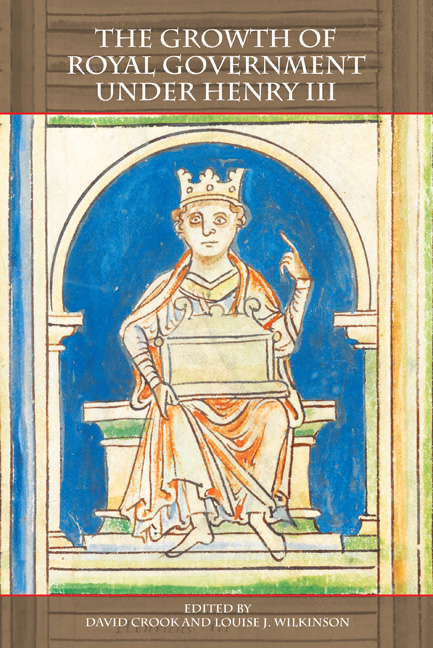3 - The Fine Rolls of Henry III as a Source for the Legal Historian
Published online by Cambridge University Press: 13 April 2021
Summary
Legal historians are omnivorous animals. Almost every kind of official governmental record from thirteenth-century England is something which the legal historian can draw on. The fine rolls of Henry III's reign are no exception to this general rule. For most purposes, their evidence is only part of a wider palette of material on which the legal historian must draw in constructing his or her picture, and not something that can be used by itself. But the rolls do often provide important evidence which we would otherwise lack, and the legal historian can certainly not afford to neglect them.
One of the most important types of evidence that the Henry III fine rolls provide for the legal historian is that which Tony Moore discusses in this volume: for the payment of fines by individual litigants to ensure that cases which might otherwise have gone to county courts or other local courts went instead to the Common Bench or to King's Bench; and for the removal of cases out of the county court into the central courts, or rather primarily into the Common Bench, by writs of pone and also, probably, recordari. The phenomenon is an important one and shows how much the drawing of litigation into the central courts was litigant-driven. Another related, but lesser, phenomenon that the fine rolls illustrate well is of payments to ensure that cases from counties other than the county where an eyre was being held were heard at sessions of the general eyre (and always on particular return days). This was not something of which I had been aware till I looked at the fine rolls. In general, ‘foreign’ (out of county) pleas on the eyre plea rolls seem to be cases from a county where an eyre had just been held and which had not been determined before the justices left that county. Payments recorded on the fine rolls indicate that it was also possible for a relatively small sum of money (generally half a mark or 1 mark, and rarely as much as 20 shillings or 2 marks) to bring cases from counties other than that in which the eyre was sitting to be heard in a ‘foreign’ county.
- Type
- Chapter
- Information
- The Growth of Royal Government under Henry III , pp. 44 - 54Publisher: Boydell & BrewerPrint publication year: 2015



